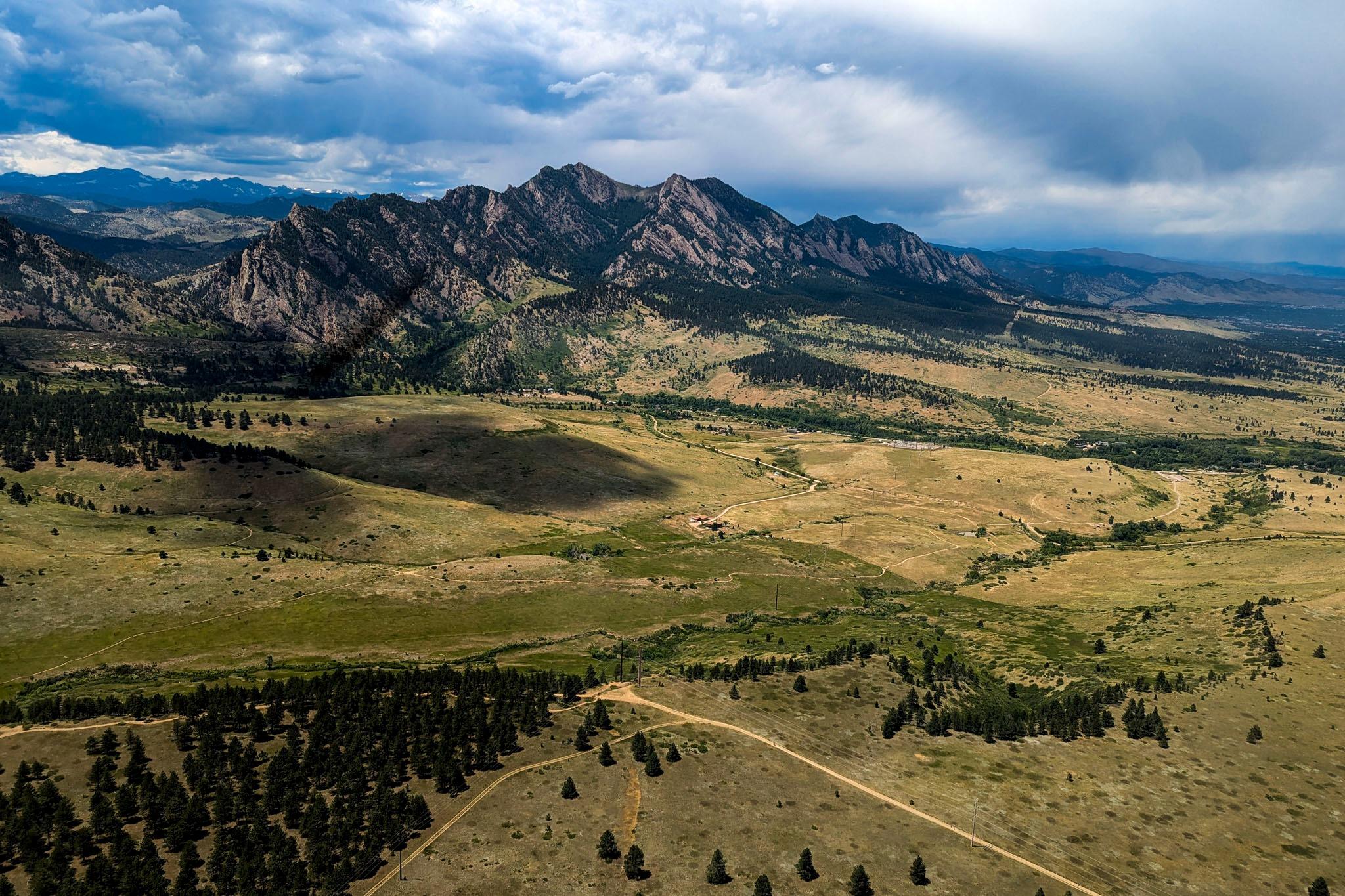
Efforts to boost clean energy infrastructure in Colorado could get a jolt from the massive Volkswagen diesel engine scandal. Millions of dollars from VW's $14.7 billion settlement with the federal government will go to states to expand green auto technology.
Colorado will receive about $61 million, an amount determined by how many VW diesel cars are registered in the state. According to the most recent data from the Colorado Department of Public Health and Environment, there are 9,350 affected VW and Audi 2.0 liter diesels statewide. That's about .27 percent of the state's total vehicle fleet. The department says it's still researching the number of affected 3.0 liter vehicles.
The question now: What will Colorado spend it on?
The CDPHE says the funds earmarked for Colorado must be used for projects that "reduce emissions of nitrogen oxides and other pollutants from the transportation sector in Colorado."
Those projects may include "replacing or modifying existing medium and heavy duty trucks and busses" to natural gas or electric engines.
Up to 15 percent of the funds must be spend on projects for green passenger cars, like electric vehicle charging stations.
Advocates want the state to invest the cash in electric vehicle charging infrastructure and electric buses, as well as an expansion of natural gas transportation options.
The CDPHE held public comments last fall and a diverse group of organizations submitted statements including the University of Colorado Boulder, Sapp Brothers, Aspen Ski Company, and Xcel Energy. The department says it will release its recommendations this spring, with projects potentially beginning in the fall of this year.
But what about individual VW drivers in Colorado hurt by the diesel emissions scandal?
The settlement means cash, the ability to sell back the car, and of course, fixing the emission problem.
Fred Emich is the general manager of Emich Volkswagen in Denver. He says a common owner misconception is that VW will seek out the owners of every affected vehicle.
"If they bought [the vehicle through a] private party, secondary market, or something like that, VW may not know that they are the rightful owner of a TDI vehicle, and may not have communicated with them," Emich says.
Owners must use a specific website to file a claim, meaning owners can't simply drive down to their local dealership for help.
"Essentially, the dealers at this point are just providing a location to facilitate the buy back. And for generation three vehicles, the emissions modifications."
While some owners may be entitled to compensation, it may be awhile before a check is in the mail. Emich says finalizing paperwork, especially when working with loan companies and title holders, takes a lot of time.
"No other manufacturer has done anything close to this magnitude, and from some people's perspective, it's not going as quickly as it could, or should," he said.









